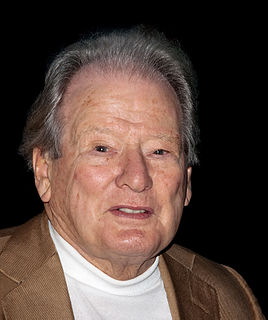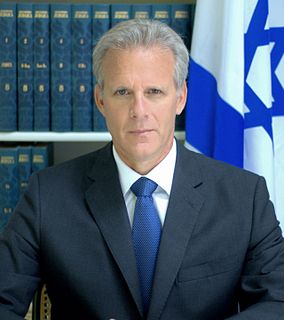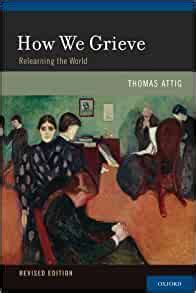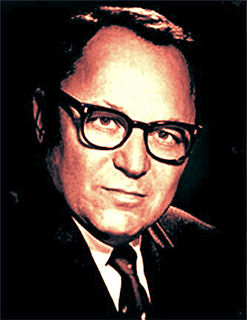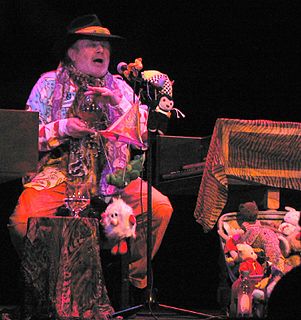A Quote by Neville Marriner
This American Jewish music is a new experience for us at least consciously.
Related Quotes
My experience as a Jewish American has often been as a spectator of one-sided conversations, or more like monologues, about Israel, Jewish History, Jewish identity, etc. Although there are profound divisions amongst Jews on all of these topics there are not many opportunities for deep and thoughtful dialogue about them.
Dig: I'm Jewish. Count Basie's Jewish. Ray Charles is Jewish. Eddie Cantor's goyish. B'nai B'rith is goyish; Hadassah, Jewish.
If you live in New York or any other big city, you are Jewish. It doesn't matter even if you're Catholic; if you live in New York, you're Jewish. If you live in Butte, Montana, you're going to be goyish even if you're Jewish.
I started the label Tzadik to support an entire community of musicians, not just Jewish musicians. But the radical Jewish culture movement was begun in a lot of ways because I wanted to take the idea that Jewish music equals 'klezmer' and expand it to, 'Well, Jewish music could be a lot more than that.'
The dreams and the visions of the Israeli founding fathers, these were very very ambitious dreams. They were world reformers. They wanted to create a new and improved kind of humanity, or at least, a new and improved Jewish society, a new and improved Jewish individual human being here. The whole Zionist project was based on a whole spectrum of different and even conflicting dreams and visions.
I had already been a young singer. And once, as a profession, I was a young singer, what you would call a soprano in England, but I was an alto in singing Jewish music in bar mitzvahs and weddings and synagogues throughout New York City because, after Israel, New York is probably the biggest Jewish community in the world.
You see the one thing I've always maintained is that I'm an American Indian. I'm not a Native American. I'm not politically correct. Everyone who's born in the Western Hemisphere is a Native American. We are all Native Americans. And if you notice, I put American before my ethnicity. I'm not a hyphenated African-American or Irish-American or Jewish-American or Mexican-American.
